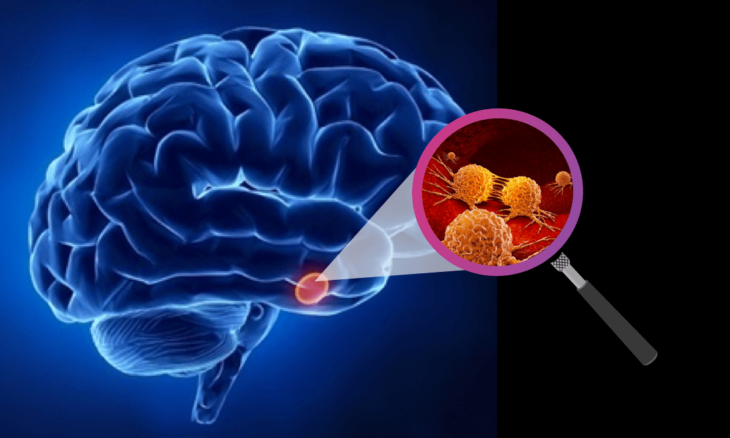
Last Updated on September 27, 2023 by Surender Kumar
Brain tumours are complex and often frightening; everyone at any age can be affected by this medical ailment. While advancements in medical science have made it possible to treat many types of brain tumours, early detection is crucial for successful treatment.
This article will explore the various types of brain tumours and their warning signs to help you better understand these conditions and seek medical attention if needed.
Additionally, it delves into an innovative treatment option known as proton therapy for brain tumours, which offers promising results.
Table of Contents
Understanding Brain Tumour Types
Gliomas
– Glioblastoma Multiforme (GBM): This is the most aggressive type of glioma, known for its fast growth and high invasiveness. GBM symptoms can be particularly severe.
– Astrocytomas: These tumours can develop anywhere in the brain or spinal cord and are made up of astrocyte cells.
– Oligodendrogliomas: These tumours develop from oligodendrocyte cells and are usually found in the frontal or temporal lobes of the brain.
Meningiomas
Meningiomas are typically slow-growing tumours that develop in the meninges, the layers that cover the spinal cord and brain as protection.
Medulloblastomas
Medulloblastomas are most common in children and are located in the cerebellum. They tend to spread through cerebrospinal fluid.
Warning Signs of Brain Tumours
Headaches
Frequent and severe headaches can be a troubling and debilitating symptom, especially when they progressively worsen over time.
What makes them even more concerning is when they exhibit a pattern of exacerbation, particularly during specific situations such as in the morning or during physical activity.
Neurological Symptoms
Warning signs of brain tumours can manifest in a variety of neurological symptoms that should never be ignored. One of the most concerning indications is the presence of weakness or numbness in the limbs.
This unusual sensation can affect one’s ability to perform everyday tasks and should prompt immediate medical attention.
Cognitive Changes
One of the most noticeable symptoms of it is memory problems, where individuals may struggle to recall important information or experiences.
Additionally, difficulty concentrating or solving problems can become a significant issue, impacting a person’s ability to perform everyday tasks and make decisions.
Nausea and Vomiting
One of the concerning warning signs that may indicate the presence of a brain tumour is experiencing nausea and vomiting unrelated to other illnesses or conditions.
While nausea and vomiting can be caused by a variety of factors, such as food poisoning or the flu, it becomes particularly worrisome when these symptoms occur without any apparent explanation.
Proton Therapy for Brain Tumours
Proton therapy is a cutting-edge radiation treatment that offers several advantages for brain tumour patients. This innovative therapy uses protons, which are charged particles, to precisely target and destroy cancer cells while minimising damage to healthy surrounding tissues.
Here are some key benefits of proton therapy for brain tumours:
Precision and Accuracy
Proton therapy allows for precise targeting of tumour cells, reducing the risk of damage to nearby healthy brain tissue. This precision is especially crucial for tumours located near critical brain structures.
Minimised Side Effects
Because proton therapy spares healthy tissue, patients often experience fewer side effects than traditional radiation therapy. This can lead to a better quality of life during and after treatment.
Safe for Pediatric Patients
Proton therapy is particularly suitable for children with brain tumours because it reduces the risk of long-term side effects on developing brains.
Reduced Risk of Secondary Tumours
Proton therapy lowers the risk of developing secondary tumours caused by radiation exposure, which can be a concern with traditional radiation therapy.
Conclusion
Brain tumours are a complex and challenging medical condition, but early detection and advanced treatment options like proton therapy offer hope for better outcomes.
Understanding the warning signs associated with various brain tumours can be life-saving, as early intervention can significantly improve a patient’s prognosis.

I am a passionate blogger having 10 years of experience in blogging and digital marketing. I started List Absolute in 2018 to give my passion a live platform. I have also a good hand in writing unique and quality content. Here I contribute in my free time. Thanks for reading. Let me know if I can help you get your work done in a timely manner.
